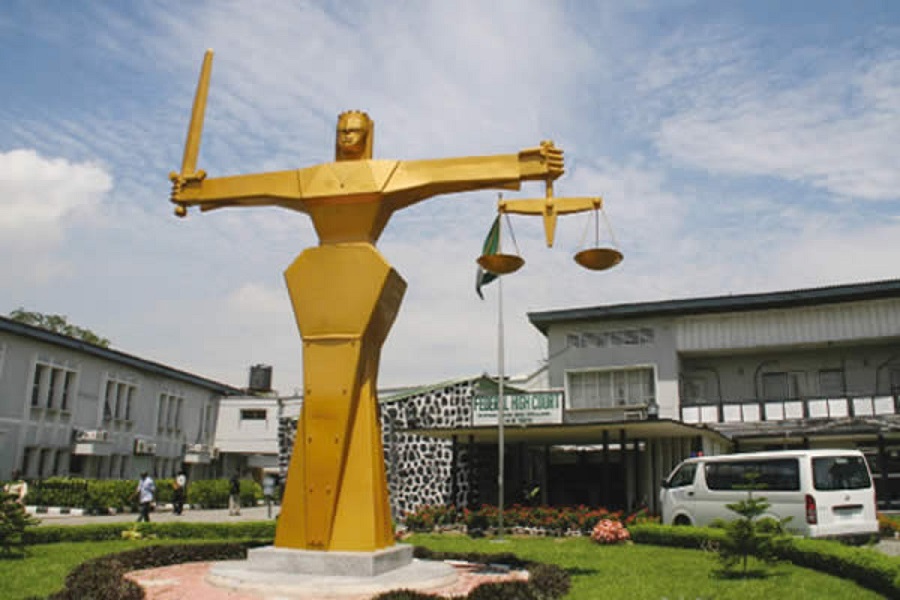Socioeconomic research firm, SBM Intelligence, has said that the decision of the Independent National Electoral Commission (INEC) to postpone the gubernatorial and state houses of assembly elections, will come with significant economic losses for Nigeria.
A statement by the organisation, seen by Nairametrics, recalled that the cost of the election postponement in 2019 was $2.23 billion. That’s because its primary and secondary effects cost Nigeria 2% of its $420 billion Gross Domestic Product (GDP).
- “For starters, the financial costs for the electoral body and the Nigerian economy are quite significant. Perhaps crucially, it makes the process of transitioning from one administration to another dicey by providing an opening for actors to question the legitimacy of the contest.
- “INEC had a N355 billion budget for the 2023 elections, and putting off any aspect of the election until a later time means a staggering loss arising from the suspension of economic activities and movement restrictions,” SBM Intelligence said.
Greater Economic costs: They added that due to the effects of inflation and the variance in the value of the Nigerian naira in 2019 and 2023, yesterday’s announcement and the possible rerun of the presidential polls would come at a greater economic and social cost.
- “Moreover, the postponement could have the immediate effect of harming voter enthusiasm and turnout rates, as some voters might be too drained by a long drawn out political process (the party primaries ended 8 months ago) and the aftereffects of a flawed presidential exercise to carry on with the process on the newly chosen date.
- “Election postponements were commonplace in 2020 due to the impact of the COVID-19 pandemic, which disrupted economies and societies worldwide. Roughly 70 countries and territories, including Botswana, Chad, Ethiopia, Gabon, Argentina, Bolivia, and Brazil to name a few, had their elections postponed within this period.
They also warned that INEC’s efforts at ensuring the elections were not helped by the crippling cash shortage and fuel scarcity that resulted in protests and riots in some parts of the country, with some state governments openly declaring their refusal to align with Abuja’s currency redesign policies.
What you should know: The Independent National Electoral Commission (INEC) last night confirmed the postponement of the governorship and states houses of assembly elections scheduled to hold on Saturday, March 11, by one week.
The shift in date is due to the ruling by the tribunal on Wednesday which allows INEC to reconfigure the Bimodal Voter Accreditation System (BVAS) for the governorship and state assembly elections, a pronouncement the commission said came too late for Saturday’s election












